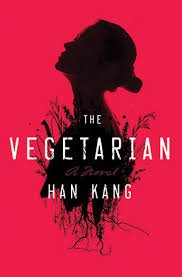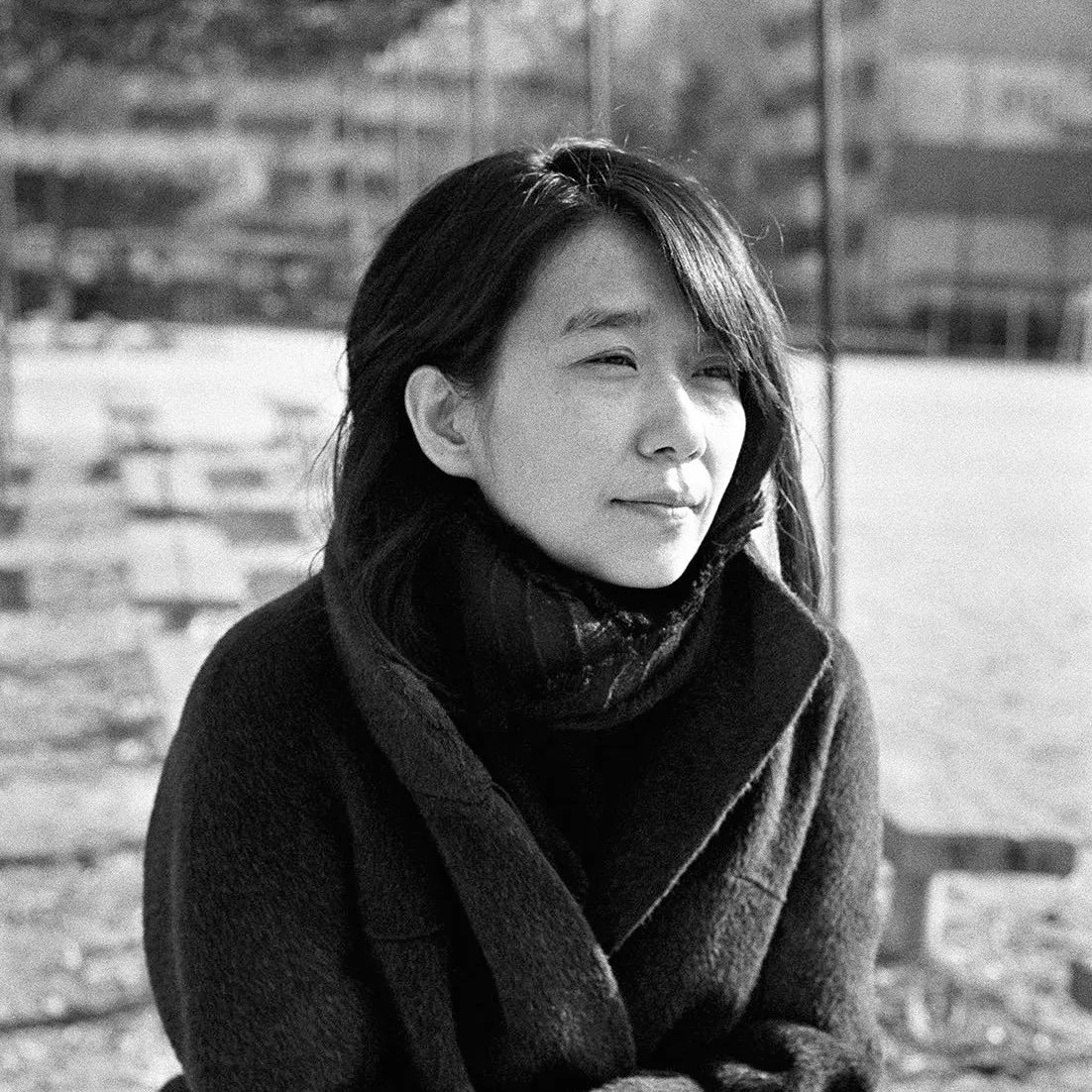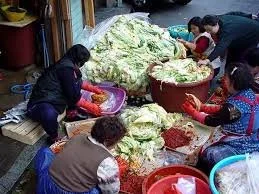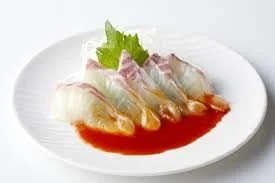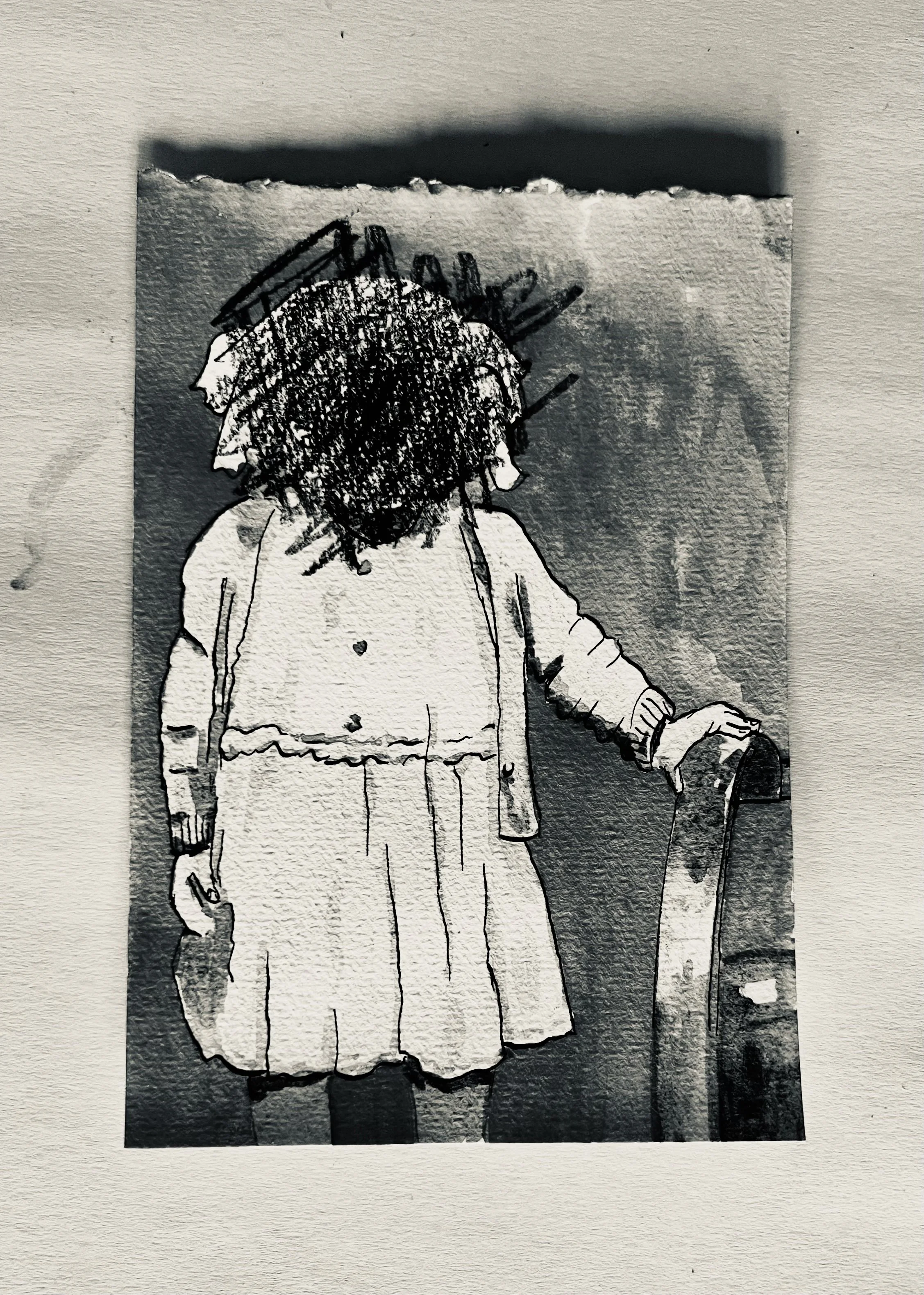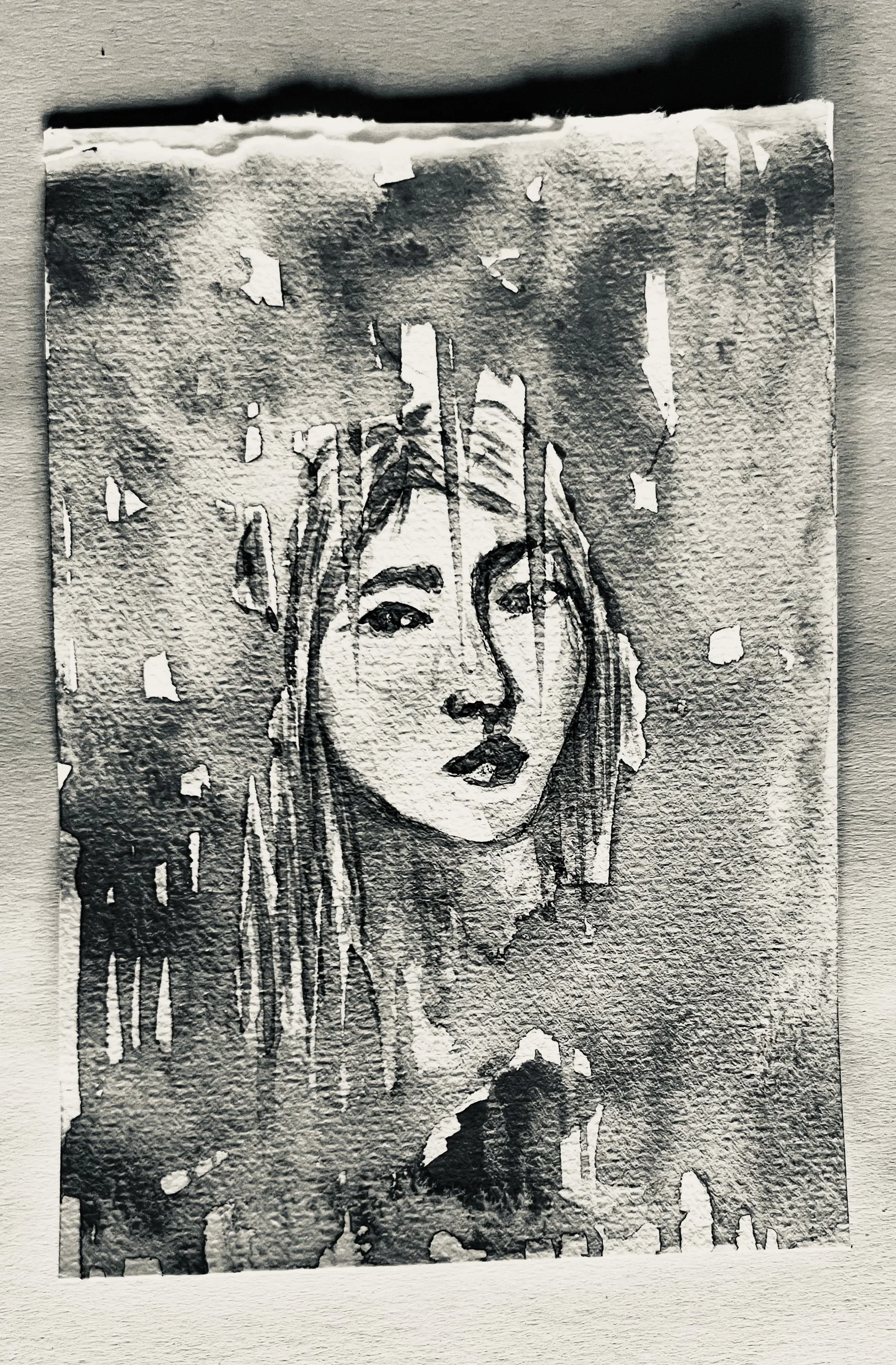"To Eat is To Love" – Reading Han Kang's "The Vegetarian"
The act of "eating" is synonymous with the act of "living." If that's the case, then "not wanting to eat" must be the same as "not wanting to live"... but this book teaches me that it's not that simple.
Note: This section contains plot spoilers. If you haven't read the book, please do so before returning.
About the Author, Han Kang
This was my first time reading one of her books. As I read, I felt a raw intensity, as if what was happening to the characters was happening to me as a woman. There's no aggressive urgency or domineering tone in the author's narrative; it doesn't force its way in. The female characters are draped in heavy, sticky, dark, glue-like garments of profound, urgent worries. Han Kang's prose is precise yet clear, like snowmelt at the end of winter. Despite the serious subject matter, it's never overbearing, and I genuinely felt a desire to read more of her works.
Synopsis of "The Vegetarian"
The protagonist, Yeong-hye, one day suddenly declares to her husband, "I won't eat meat anymore." Initially bewildered by her behavior, her husband reluctantly observes her but grows increasingly frustrated by his inability to control her. He brings her to a work dinner, only to feel humiliated and enraged by her eccentric actions.
Some time later, a meal with Yeong-hye's family devolves into a one-sided family interrogation. The situation rapidly escalates into tragedy. Her father aggressively shoves meat into Yeong-hye's mouth. Eventually, he beats her in front of the entire family. Yeong-hye finally takes a knife and slashes her wrist, demonstrating the unwavering resolve of her refusal to eat meat.
After many twists and turns, Yeong-hye is admitted to a mental hospital. Her sister, In-hye, visits her regularly. Yeong-hye's decline is remarkably visible, and the doctor makes no secret of having given up on her. One day, In-hye sees her sister standing on her head. In-hye is shocked to learn that Yeong-hye has been doing this for hours. Yeong-hye calmly tells her sister, "I am a tree."
Can Humans Live Without Eating?
Biologically, no. Plants grow by "eating" light and drinking water. There are also trillions of bacteria on Earth that can survive without consuming organic matter, such as meat or grains. Many mammalian species can go without daily nutritional intake, like humans. However, a human being cannot sustain themselves indefinitely on only water and a tiny bit of fruit and vegetables. Prolonged deprivation of protein, fat, and carbohydrates leads to impaired consciousness, osteoporosis, and muscle atrophy. Ultimately, the digestive organs decay from within, stomach acid begins to dissolve the inner lining of the stomach and intestines, leading to death.
What Does Food Mean to Humans?
For us, as social beings, "eating" is more than just ecologically sustaining life. Most of us crave and actually consume a variety of delicious, visually appealing, gustatorily appealing, and even tactilely appealing foods several times a day. We consider gourmet food one of the greatest conveniences offered by civilised society. In some cultures, it is a consuming affair that uses most waking hours for procuring ingredients, preparing meals, actually savouring them, and engaging in stimulating conversation during meals.
When the act of "eating" is associated with supreme pleasure, it's positioned as the inverse of pain. Yet, a single, perfectly marbled fillet of premium beef can also cause an individual unspeakable suffering.
Food Freedom and Oppression
There's a complete distinction between someone experiencing an eating disorder due to severe trauma and someone restricting their food intake for ethical, health, or religious reasons. While one could superficially analyse this book as being about anorexia, I personally feel that this book profoundly asks the reader, "What is food?", "What should one eat?", "How should one eat?", and "Who controls another's eating habits?" I want to remember that the ability to decide one's own eating habits is still a relatively new phenomenon in human history.
Yeong-hye in "The Vegetarian" lacked the freedom to decide what she wanted or didn't want to eat, according to her own body's and mind's desires and needs. Coupled with the initial trauma of her father's abuse, the second trauma was inflicted by those around Yeong-hye, who collectively forced her to eat. I believe there's a common issue here with the debate surrounding dignified death.
The Aporia of Anorexia
I
If you don't eat, you'll die.
I love you.
Therefore, you must not die.
I will shove a tube down your esophagus.
II
If you don't eat, you'll die.
You belong to me.
Your death would be a disaster for me.
Therefore, I will pour porridge down your nose.
The Distortion and Passion of Korean Food Culture
As a Zainichi (Koreans and their descendants who reside in Japan, particularly those who migrated from Korea during the Japanese colonial period or its aftermath, and who have not been naturalised as Japanese citizens), I find the immense passion and obsession Koreans have for food to be even more intriguing. How much time and effort are invested in preparing daily Korean meals! From namul (vegetable dishes kneaded by hand with salt, sesame oil, chili powder, garlic, etc.) made from radish, spinach, bean sprouts, and bracken, to dried cod soup that takes days to extract its flavor, to bone-in galbi (beef or pork short ribs) marinated in a secret sauce using ripe pears as a sweetener, to subtly sweet fermented rice juice, and so much more. Across the Korean peninsula, at the beginning of winter, women ferment dozens of napa cabbages in ceramic crocks and bury them in kimchi pits dug into the earth. Kimchi develops its complex five-flavoured profile (sweet, sour, salty, bitter and umami) by meticulously following every step of the process.
In traditional Confucian Korean households, the monthly ancestral memorial day (Jesa) is a very important gathering. All relatives gather, devouring enormous amounts of grilled meat wrapped in basin-sized portions of Korean lettuce (ssam, specifically sanchu), along with boiled squid and fresh tuna sashimi dipped in sweet and spicy gochujang, washed down with makgeolli or soju. As a child, I often saw my red-faced uncles, flushed with alcohol, happily singing Korean folk songs and slowly getting up to dance.
Later, my family became Christian and stopped participating in these monthly Jesa gatherings. Still, people who loved my mother's cooking constantly visited our home, and each time, my mother would stay in the kitchen late into the night, preparing meat and fish, making soup, pickling kimchi, chopping radishes, and de-bearding bean sprouts. My sister and I were also dragged along for shopping whenever a family dinner was planned at our parents' house. I don't recall my younger brother ever coming along. I remember the three of us women, with food strapped to the front and back of our bicycles, expertly balancing with one hand on the handlebars as we made our way home. Looking back now, I can't help but laugh, wondering how we managed to carry so much and get home without falling, even on rainy days.
The Root of Korean Food Culture: "Love" and "Vitality"
Initially, I wrote that "eating" is "living." But there's something even more important: "eating" should be "loving" and a moment of feeling "loved." And let's not forget "self-love." Korean cooking is incredibly demanding to prepare, but it also gives the cook immense vitality and a sense of creative satisfaction. The concept of food as medicine is prevalent in many Asian countries. Perhaps, even on tiring days, my mother devoted herself to cooking because she believed it was for her longevity and health. At least, if she thought that, it lightens her daughter's sense of guilt for burdening her with cooking for so many years.
When "Eating" Becomes "Suffering"
There is no love in Yeong-hye's family. Each spoonful (in Korea, a spoon is more primary than chopsticks) of the lavish meals, which must have required enormous effort to prepare daily, must have tasted like poison to her. The more expensive and nutritious the ingredients, the stronger the toxicity might have been. Remembering the taste of Korean food that brought me joy in my childhood and adolescence, tears streamed down my cheeks as I thought about how deep Yeong-hye's suffering might have been.
From a young age, Yeong-hye was exposed to her father's violence, and neither her mother nor her sister could help her. Over long years, did the dripping blood of meat, the eyes of broiled sea bream, the mountain of boiled pig's trotters, the smell of oyster jeon (pancakes), swell, burst, and cause inflammation inside her, scorching her intestines? Did her suffering finally overflow to an unbearable point one day? Was her declaration of "not eating meat" an excruciating act of self-expression by the usually quiet and reserved Yeong-hye, meaning "I can no longer endure not being loved, not being understood"?
Memory of Abuse
(inspired by the exhibition "Missing Project" at The Beaney House of Art & Knowledge, Canterbury, UK)
Watercolour, Digitally Monochromed
2025 © Chiye Kwon
Proposing a Redefinition of Madness?
Han Kang, I believe, wanted to say that Yeong-hye wasn't mad. Her thoughts were simply searching for an exit. Yeong-hye's potential for happiness, for being a normal girl, was shattered by "legitimate" patriarchal violence, and as an adult, the mental abuse and abandonment continued under the guise of marriage. Many of us seem particularly fond of categorising someone as mentally unstable or insane. However, "madness" often stems from a disconnect between one's own perception and that of others. It is only in the presence of others that one can say, "This person is mad." In the absence of others, what can a "mad" person do but gape, point at birds in broad daylight, and laugh aloud?
What happens, then, if someone claims, "This person drove me mad"? This scenario is far more likely to cause a social scandal than the former. Unless the accuser holds inviolable power, the "mad-making" person will likely become enraged by even the implicit suggestion of such a possibility, as seen in the case of Yeong-hye's father, who held a respected position in society.
The Meaning of "Flower" and "Tree"
Yeong-hye and her sister, In-hye, are portrayed throughout the novel as highly sensitive and delicate individuals. In-hye is successful in the cosmetics and fashion business, which requires an aesthetic sense, and Yeong-hye was profoundly moved, even temporarily, by the flowers drawn all over her body. Her consciousness was awakened as long as the flowers remained on her skin. It's truly ironic that this experience awakened in her the desire to live as "non-human."
I particularly love the final chapter of the book, where Yeong-hye accepts, "I am a tree." Why can one conclude that it is suicide just because a person declares, "From now on, I want to live not as a human, but as a tree"? Her spirit was killed repeatedly since childhood. Yet, she lived. Perhaps she simply realised that no one, yes, no one, could ever again command her to "live this way."
Perhaps In-hye is even more pitiful than Yeong-hye. She is forced to survive in the toxic environment of a male-dominated society, for the sake of her young son. Yet, she must already know. In-hye, too, truly wants to be a tree or a flower. She wants to become a large oak tree, spreading her limbs like branches, feeling the warm sunlight, drinking the pure, gushing groundwater, and connecting with all living things across past, present, and future. She desires to receive great love from the universe itself, freely, quietly, generously, and securely.
But In-hye cannot do that. She chooses a life half-dead, half-alive. For her beloved son. But will her son ever understand the thoughts she had, the sacrifices she made, to choose that way of life? When someone in the family whispers about their aunt Yeong-hye, who died in a mental hospital, will he show even a momentary interest? That day will probably never come. Because he doesn't know the language of trees.
I Want To Be A Tree
Watercolour, Digitally Monochromed
2025 © Chiye Kwon
To the readers of this blog: What does "eating" mean to you? Is it merely an act of sustaining life, or is it an expression of deep joy and love? I believe Han Kang's "The Vegetarian" vividly portrays the profound depth of the act of "eating" and what happens when it is used as a tool to reject one's humanity. A great book has the power to evoke multiple interpretations in its readers, so your post-reading impressions might be completely different from mine. If you'd like, please share your thoughts, insights, or comments in the section below. Thank you for reading.
